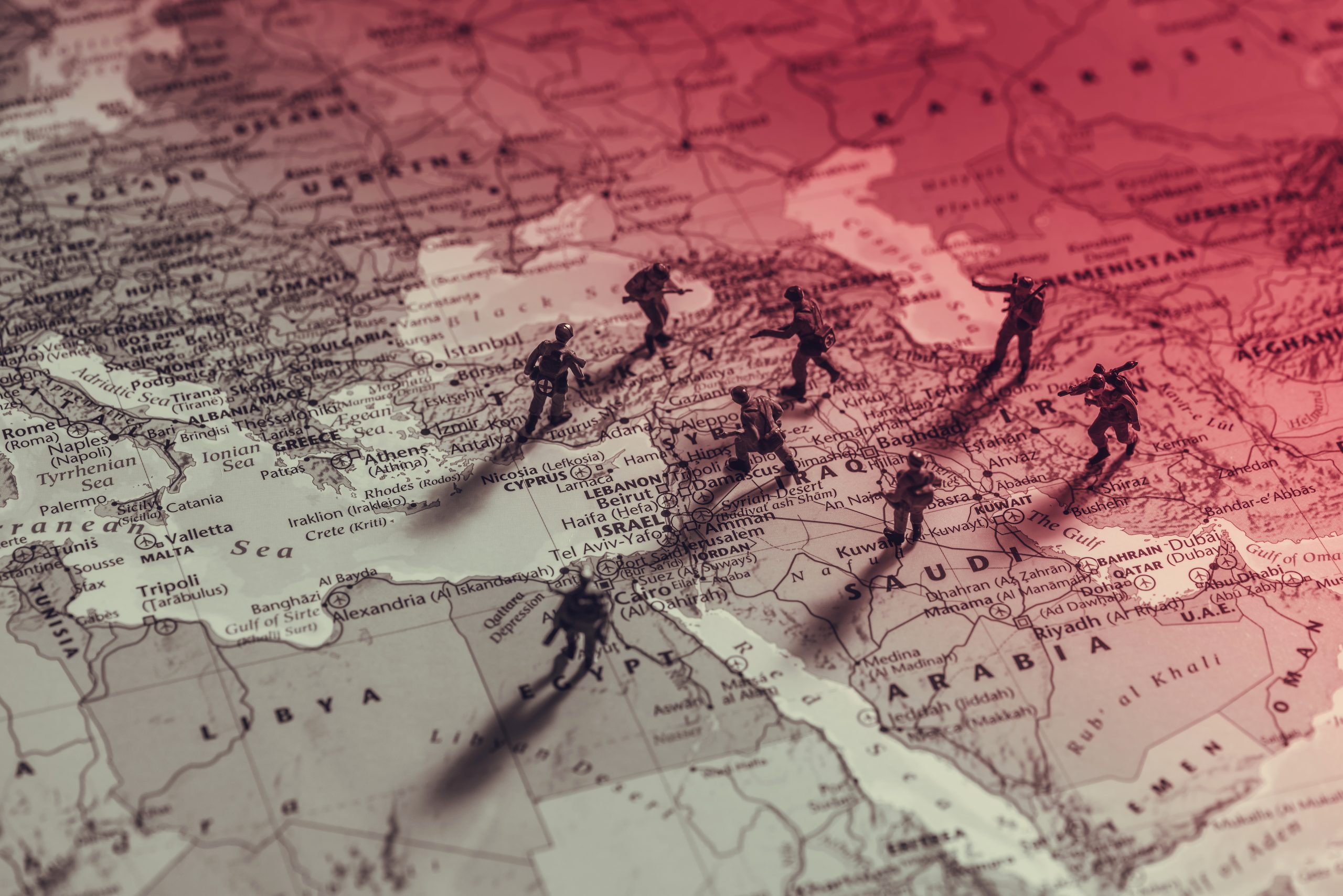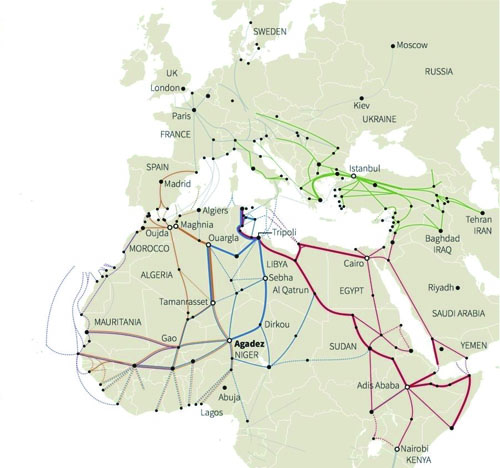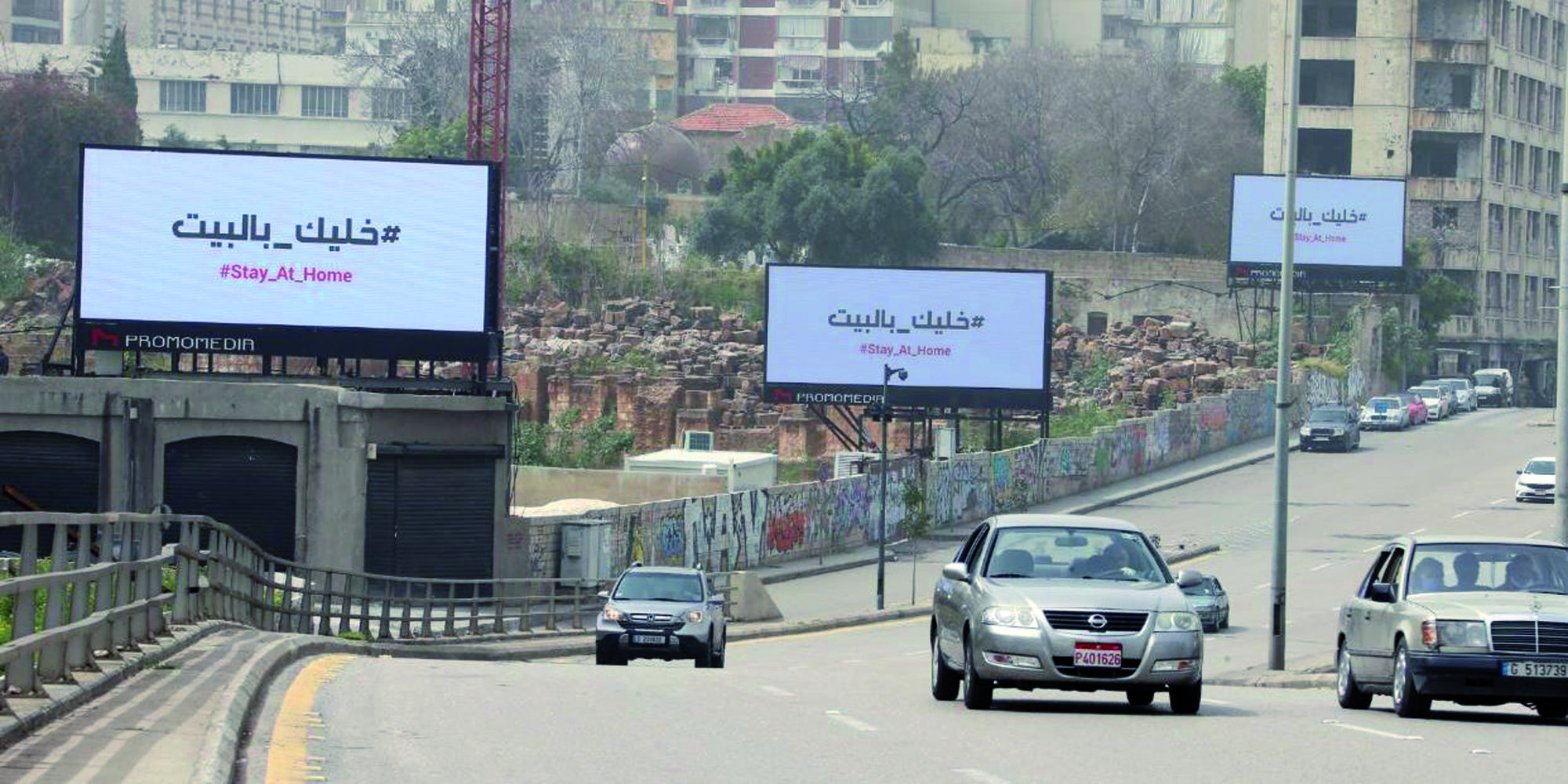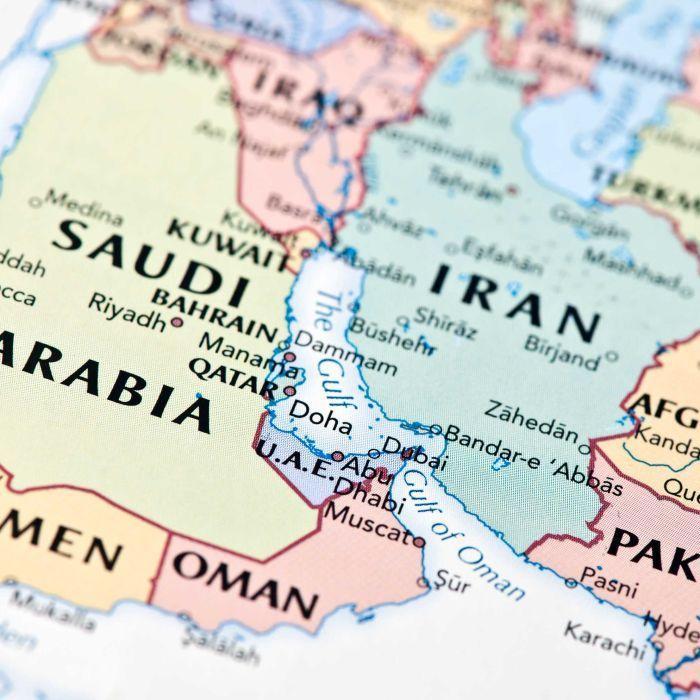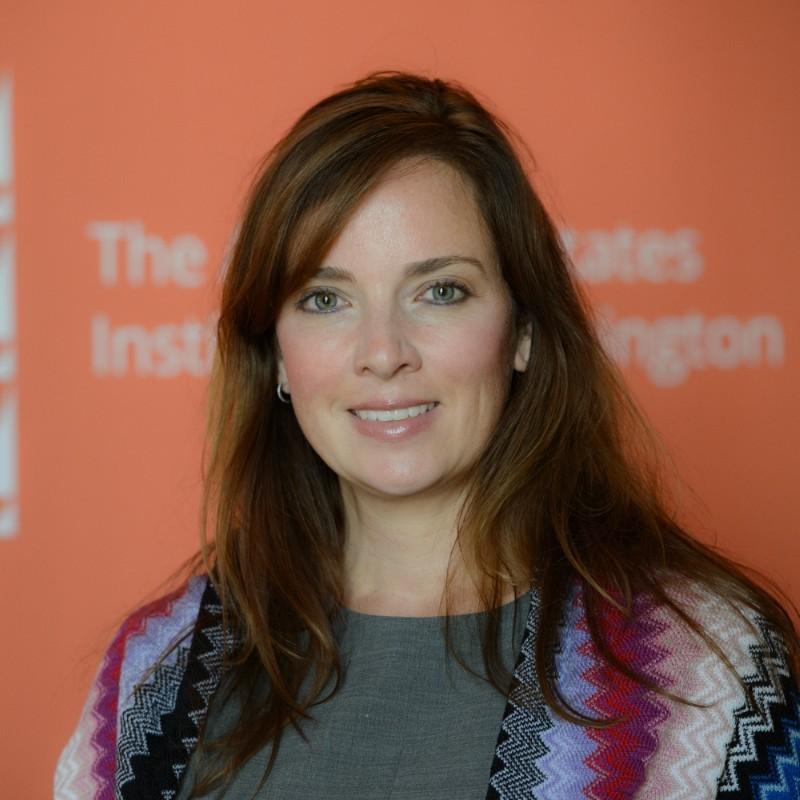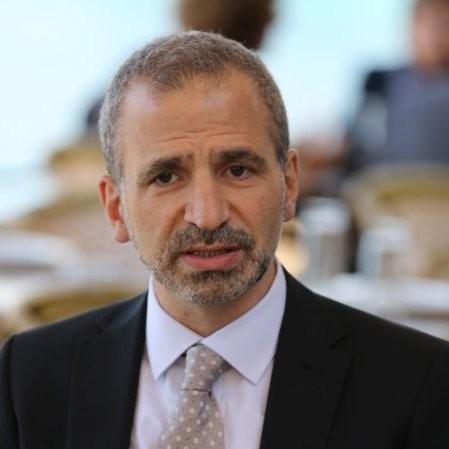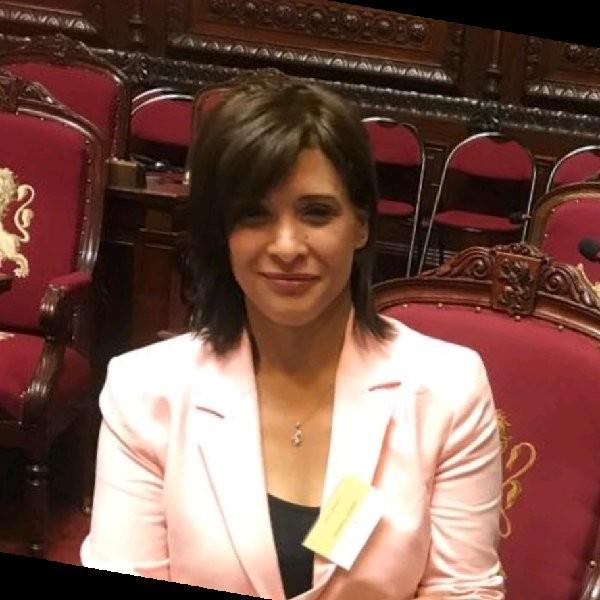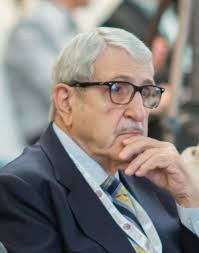ORIENT IV 2018: Socio-economic challenges and developments
Purchase the full issue here:
26,00 € incl. VAT plus Shipping CostsSelect options This product has multiple variants. The options may be chosen on the product page
Editorial
Dear ORIENT readers,
The Near and Middle East is facing major security problems, causing political instability. The continuing war in Syria and unrest in Iraq – not to speak of the chaotic situation in Libya, the refugee crisis and other negative issues – make the region a flashpoint of political turmoil.
However, we are often only focused on politics and neglect the socio-economic aspects and economic challenges, ranging from the need for more diversified and sustainable economies to necessary structural adjustments fostering entrepreneurship, equal opportunity and active citizenship.
In this issue of ORIENT we have brought together contributions that allow for a macro perspective, but also delve into some cases in greater detail. Karen E. Young sheds light on economic reform policies in the GCC states, before Curran Flynn delves deeper into Saudi Arabia’s economy. Afterwards, Mark Furness analyses Germany’s aid programmes towards the region, followed by Nadim Farajalla, Yasmina El Amine, Chafik Abdallah and Rana El Hajj comparing the solid waste management of Lebanon, Jordan and Tunisia.
Subsequently, Roel Meijer links economic deprivation to new citizen movements. Amir Forouharfar compares entrepreneurship policies across the GCC before Mohsen Tavakoli, Catherine Laffineur and Alain Fayolle review the issue of gender equality in entrepreneurship in the region. Lastly, Hajer El Ouardani and Samir Makdisi take the case of Tunisia as an example to examine the link between populism, autocracy and democracy.
I hope that the current issue provides you with valuable perspectives on socio-economic challenges the region faces today.
Dr. Gunter Mulack
Director of the German Orient-Institute

